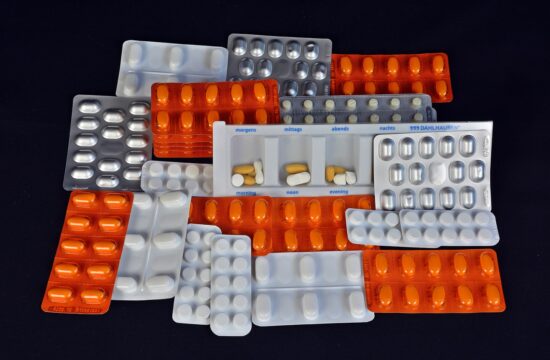The effect of commonly used non-antibiotic medications on antimicrobial resistance development in Escherichia coli
This study shows that some non-antibiotic medications (NAMs) commonly used in aged care facilities—especially ibuprofen and acetaminophen—can significantly increase ciprofloxacin resistance in E. coli. At gut-relevant concentrations, these drugs raised mutation rates and triggered resistance mechanisms, including efflux pump overexpression. Co-exposure to multiple NAMs amplified these effects. The findings highlight an overlooked role of NAMs in driving AMR and call for reassessing polypharmacy risks in residential aged care settings.
AMR NEWS
Your Biweekly Source for Global AMR Insights!
Stay informed with the essential newsletter that brings together all the latest One Health news on antimicrobial resistance. Delivered straight to your inbox every two weeks, AMR NEWS provides a curated selection of international insights, key publications, and the latest updates in the fight against AMR.
Don’t miss out on staying ahead in the global AMR movement—subscribe now!






